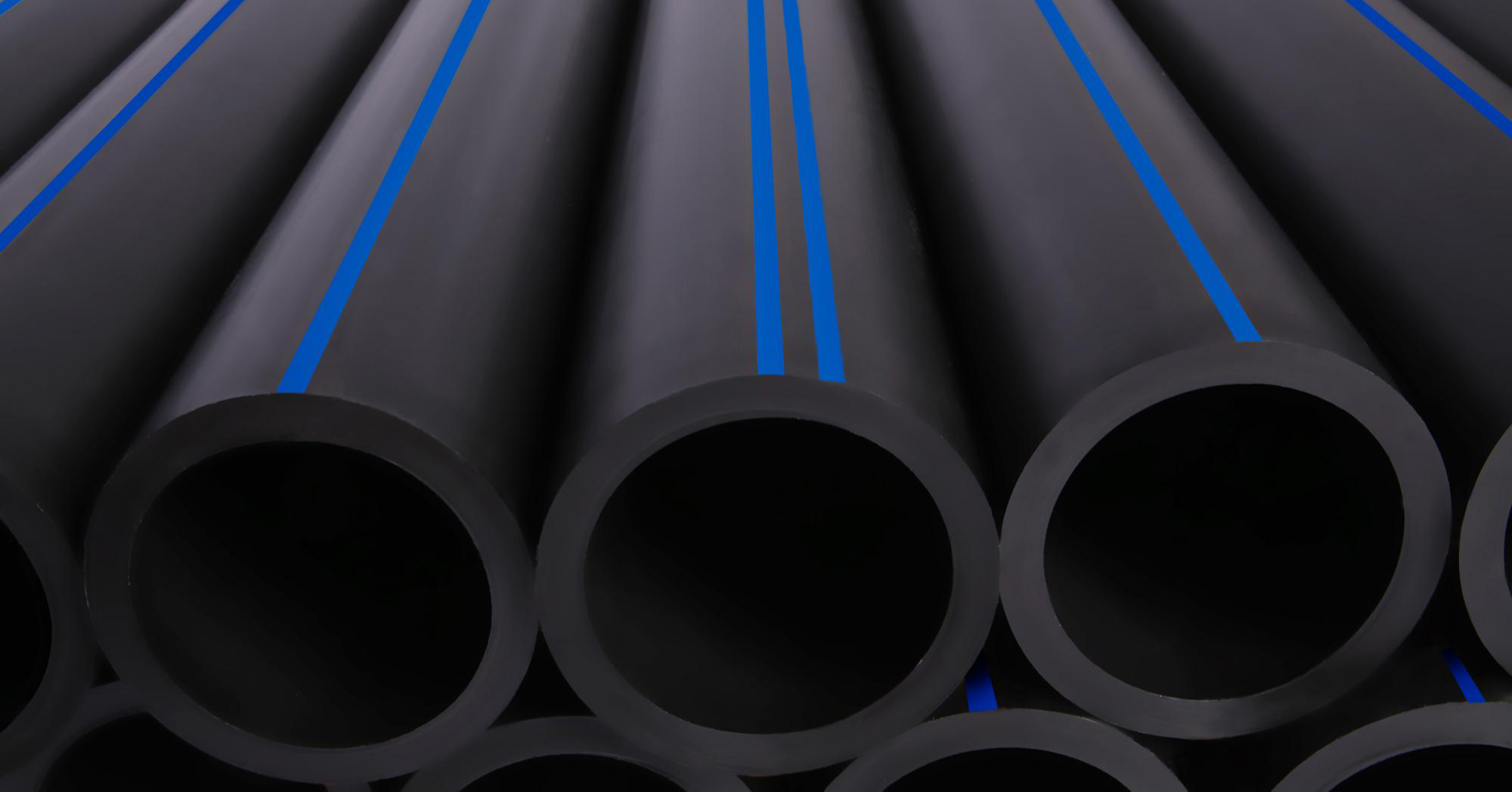The Complete Guide to Pipe Manufacturing Midland TX for Energy Projects
Recognizing the Key Perks of HDPE Pipeline for Water and Wastewater Monitoring
Making use of HDPE pipeline in water and wastewater management presents numerous benefits that warrant consideration. Its phenomenal sturdiness and lengthy life expectancy make it a preferred choice for many projects. Additionally, the material's resistance to deterioration and chemical damage enhances its dependability in various environments. Nonetheless, the advantages extend past just durability and resistance. Discovering its cost-effectiveness and ecological impact discloses a lot more compelling factors for its extensive fostering in contemporary infrastructure
Phenomenal Toughness and Longevity

HDPE pipeline attracts attention for its outstanding toughness and longevity, making it a recommended option in water administration systems. Created from high-density polyethylene, these pipelines can endure significant stress and stress, guaranteeing trusted efficiency over time. Their robust nature permits them to withstand extreme ecological problems, consisting of temperature fluctuations and dirt movements, which can cause various other materials to fall short.
The life expectancy of HDPE pipelines often exceeds half a century, supplying a cost-effective remedy for districts and markets alike. In addition, the material's lightweight residential or commercial properties simplify installation, decreasing labor expenses and timeframes. This durability reduces the need for constant repairs or substitutes, better enhancing its economic allure.
In water monitoring applications, the dependability of HDPE pipes implies less disturbances and boosted solution continuity, making them indispensable to lasting facilities development. The combination of durability and durability strengthens HDPE's function as a cornerstone in effective water management remedies.

Resistance to Rust and Chemical Damages
While lots of materials catch deterioration and chemical damages gradually, HDPE pipelines exhibit exceptional resistance, making them perfect for various water management applications. This durability stems from the molecular structure of high-density polyethylene, which is naturally non-reactive and does not rust like metals or deteriorate from direct exposure to harsh chemicals. As an outcome, HDPE is highly reliable in atmospheres with aggressive materials, such as wastewater systems that might consist of acids, bases, and natural solvents.
Additionally, HDPE pipelines can hold up against ecological factors such as dirt level of acidity and saline problems, better improving their suitability for varied applications (hdpe pipe fittings Midland TX). Their capacity to maintain architectural integrity gradually lowers the threat of leaks and failings, which is crucial in making sure the security and dependability of water distribution and wastewater management systems. Subsequently, the resistance to deterioration and chemical damage noticeably contributes to the general performance and long life of HDPE piping solutions
Cost-Effectiveness and Economic Advantages
When considering the financial effects of water management systems, the cost-effectiveness of HDPE pipes ends up being noticeable. These pipes offer reduced installment and maintenance expenses contrasted to traditional products like metal or concrete. Their light-weight nature streamlines transport and installment, causing lowered labor expenses. Furthermore, HDPE pipelines exhibit a lengthy life-span, usually exceeding 50 years, which converts to fewer replacements and long-term savings.
The resistance of HDPE to deterioration and chemical damage decreases the demand for costly repair work and replacements. The pipes additionally sustain reliable water circulation, minimizing power costs connected with pumping systems. By alleviating leakages and water loss, HDPE pipes add to significant economic benefits for districts and industries alike. On the whole, the initial financial investment in HDPE piping can yield substantial financial returns over the life-span of the water management system, making it a prudent selection for lasting facilities development.
Environmental Sustainability and Decreased Impact

Convenience and Adaptability in Installment
Due to their one-of-a-kind buildings, HDPE pipelines use exceptional adaptability and adaptability in installment, making them appropriate for a vast array of applications. Their lightweight nature permits inch pex underground water line much easier handling and transportation, decreasing labor prices and setup time. HDPE pipelines can be curved and shaped to fit various surfaces and job requirements, which is specifically useful in testing atmospheres.
Additionally, their resistance to deterioration and chemical damages permits installment in diverse setups without the requirement for specialized safety layers. The capability to fuse joints creates a continual, leak-free system, improving the overall stability and integrity of the setup. HDPE's adaptability likewise suits ground movement, lowering the risk of damage in locations susceptible to changing soil. Generally, these qualities make HDPE pipelines not only flexible yet also a favored selection for water and wastewater management systems.
Often Asked Concerns
Just How Does HDPE Pipe Compare to PVC in Water Administration Applications?
HDPE pipeline offers exceptional adaptability, resistance to deterioration, and longevity compared to PVC. Its lighter weight assists in less complicated installation, while its long life expectancy minimizes substitute costs, making HDPE a recommended selection in water management applications.
What Is the Life-span of HDPE Pipeline Under Typical Conditions?
Under regular conditions, HDPE pipes can have a life expectancy varying from 50 to 100 years. Their longevity and resistance to deterioration add to their long-term performance in different applications, making them a reputable option for facilities.
Are HDPE Water Lines Recyclable After Their Life Span?
Yes, page HDPE pipes are recyclable after their service life. hdpe pipe suppliers Midland TX. They can be processed and repurposed into new items, substantially lowering ecological effect and promoting sustainability within the sector, making them an eco-friendly choice for piping solutions
What Is the Installment Process for HDPE Pipes?
The installment procedure for HDPE pipes entails site preparation, trenching, pipeline combination or mechanical joining, backfilling, and stress testing. Correct methods guarantee a durable and reliable system for moving water and wastewater successfully.
Can HDPE Pipes Be Made Use Of for Both Drinkable and Non-Potable Water Equipments?
Yes, HDPE pipes can be made use of for both drinkable and non-potable water systems. Their flexibility, resilience, and resistance to deterioration make them suitable for various applications, guaranteeing secure and effective transport of water in various contexts.